Writer and artist Sarnath Banerjee on the upcoming screening of his films, his discomfort with today's India, and why we need 'reading Sherpas'
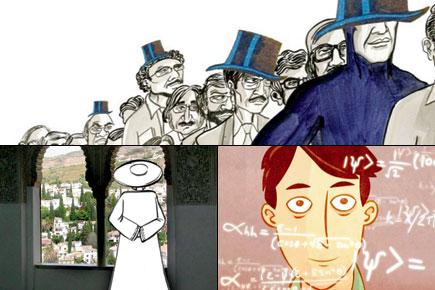
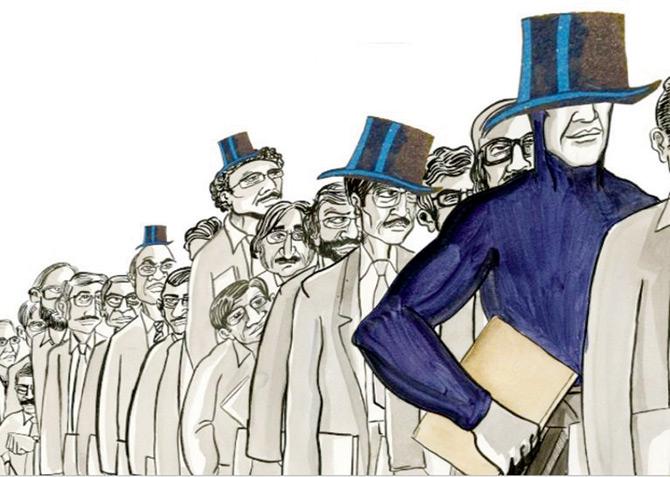
Stills from 1943, Paradise Locked
ADVERTISEMENT
The charismatic quacks of old Delhi, who sell potions promising miracles to the gullible, formed the central characters of Sarnath Banerjee's 2001 short animation film, Hakim Tartoosi's Potency Oil. But it is today, says the graphic novelist and artist, that the film has reached its final relevance. "It is a symbol of our time. Some of these charlatans have been legitimised in today's India. The general gullibility of people and lack of criticality are being utilised by those who are more charismatic than them. Flair is what matters," rues Banerjee, over a phone call from Berlin, where he is based.
The film, along with five other short animation movies that Banerjee has made over 10 years, will be screened in the city, strung together in a bouquet called Cut-Price Paradise.
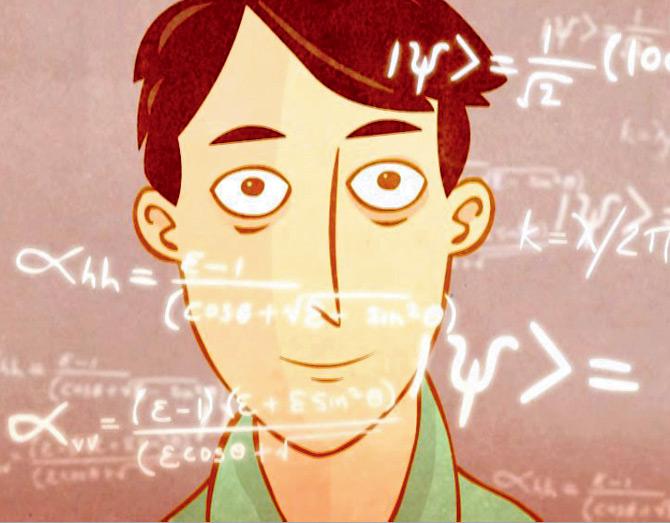
Sophistication is Fragile. Pics courtesy/the artist, Project 88 Mumbai
A zeitgeist within
Through the six shorts, Banerjee explores the idiosyncratic shades of urban life through the lens of human behaviour. "The animation itself is choppy since the idea is to use drawings to expand on a situation," he shares. "Many of these films hold a zeitgeist, an emotional history of a particular time that lets the viewer live it for those moments." 1943, for instance, which explores the societal and cultural impact of the Bengal famine, uses advertisements from the period to understand history.
Bengali Tourist, on the other hand, was made one rainy afternoon when Banerjee was pursuing his masters in London. "International tourism in India has opened up only recently, while people in the West have been travelling for pleasure for years. There is this notion that travel broadens the mind. However, I know people who have worked all their lives in an office in Calcutta, but are pathological readers with a truly broad outlook," he says. The film, he adds, was his way of telling his white friends that travel only reinforces stereotypes.
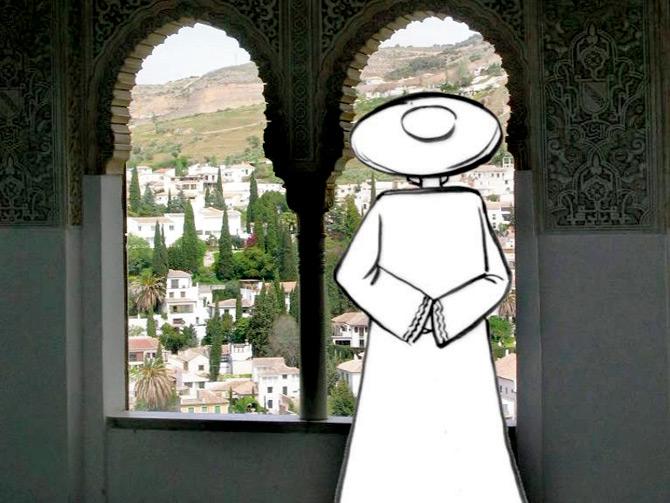
The view from outside
Banerjee may have been living away from India, but he is connected with its realities, which remain the subject of his work. The artist senses a growing propensity among people for clinging to binaries. "You are either pro- or anti- something. I feel my writing has limited relevance in today's India. My characters are much more nuanced than just being ideological sign posts," he says.
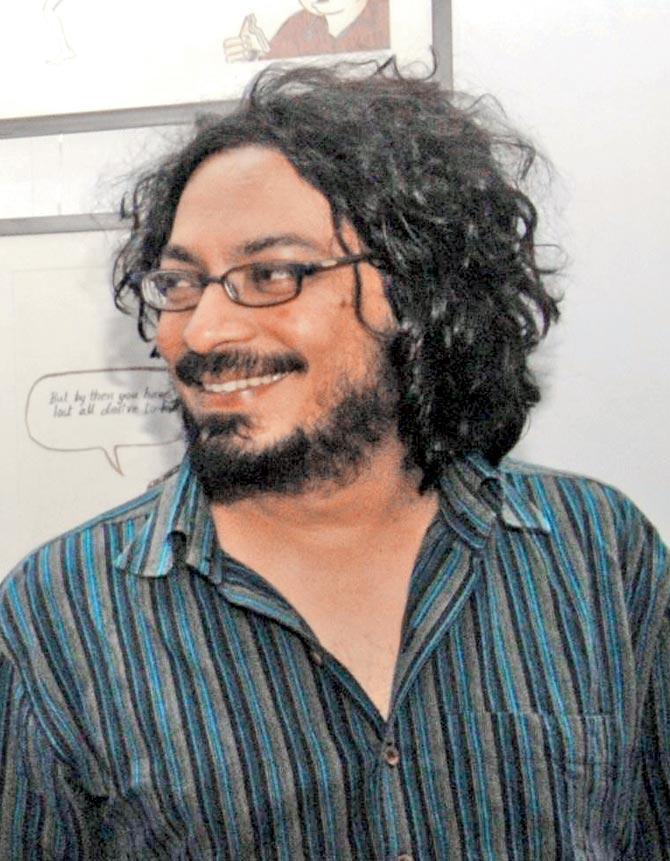
Sarnath Banerjee
The quacks from the short found their way to Banerjee's acclaimed graphic novel, Corridor, while the gullibility of the masses became the theme for his 2016 work, All Quiet in Vikaspuri, whose launch he cancelled. "Part of it was due to laziness," Banerjee says with a laugh. "I think I have reached a point where I don't want to maximise the reach of my work. Nobody can write for everyone anyway."
What does the writer think of book trailers? "Few people read these days, so I don't blame these measures. I think what we need are reading Sherpas. We need to revive old bookshops, where the owner could turn a non-reader into a bibliophile with the right recommendations."
 Subscribe today by clicking the link and stay updated with the latest news!" Click here!
Subscribe today by clicking the link and stay updated with the latest news!" Click here!






